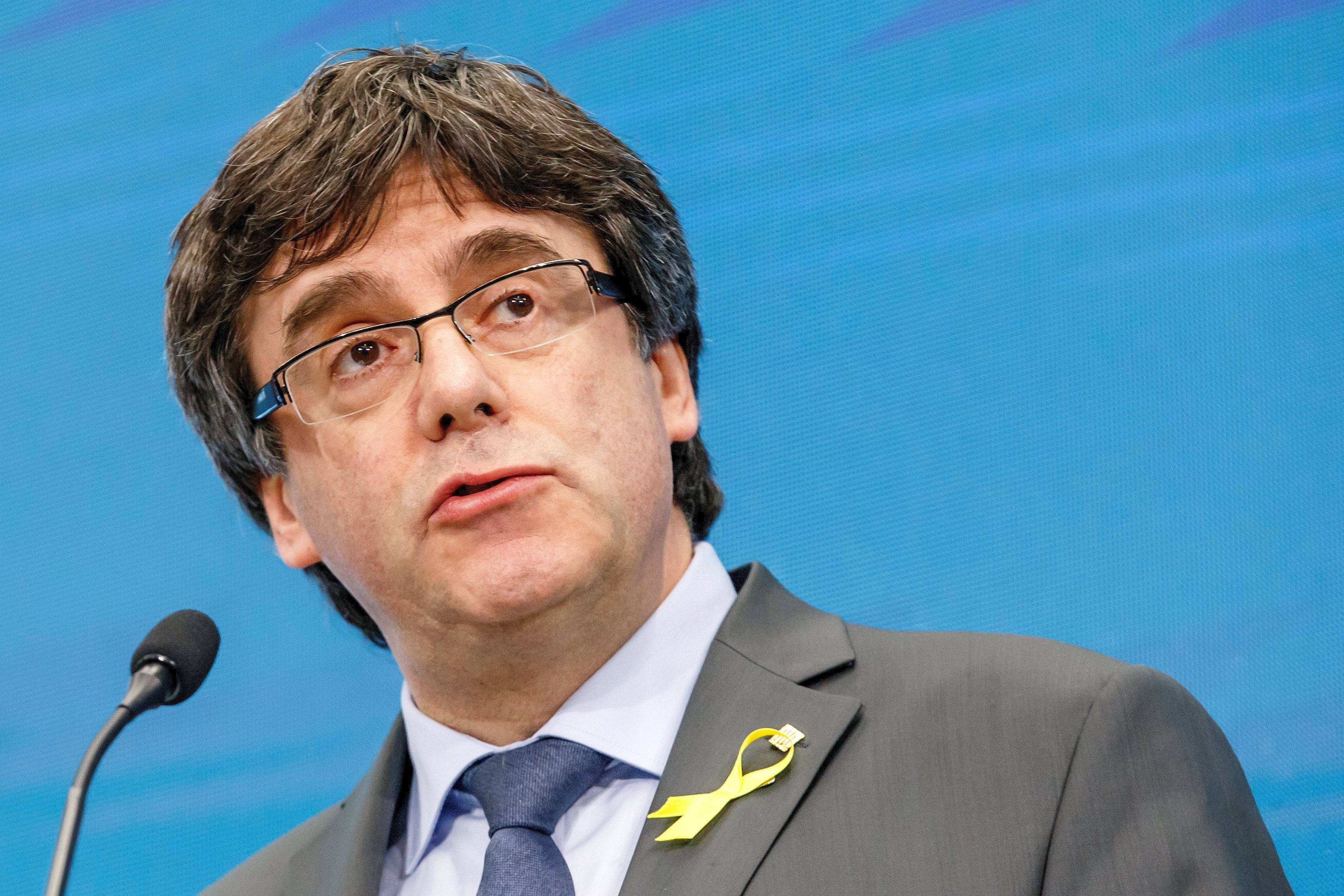The Catalan conflict is now fully international. The UN's Human Rights Committee has formally accepted the complaint laid by exiled Catalan president Carles Puigdemont against the "violation" of his constitutional rights in Spain.
The United Nations committee accepted the claim on Monday, coinciding with the appearance of Puigdemont before the German authorities after his arrest in Germany at the weekend. The text submitted to the UN, which was presented by Puigdemont's international lawyer, Rachel Lindon, asserts that the Spanish state has committed breaches of several of the Catalan president's rights.
With this formal acceptance, the political obstacles which the Spanish state has placed in the path of the exiled president - which had already been in the media spotlight because of his detention - take on a true international dimension.
Complaint against Spain
Puigdemont decided to bring the Catalan conflict before the United Nations with a complaint that asserted that his political rights had been "violated".
The text, presented on 2nd March and which bears the title 'Puigdemont versus Spain', sets out that the Spanish state has breached its obligations under international treaties, which Spain has ratified, such as the Universal Declaration of Human Rights and the International Covenant on Civil and Political Rights.
In the claim submitted to the United Nations, the Catalan president stated that several rights —the right to stand for elections, freedom of association and freedom of expression— had been violated by the Spanish institutions. Puigdemont explained to the UN that this repression had impeded him from being re-elected as Catalan president, despite the fact that the pro-independence parties had won the Catalan election in December, and Puigdemont had been selected as the candidate to become president once again.
Spain, exposed
With the acceptance of the complaint, the Spanish state is back in the news at the United Nations, very soon after last week's UN announcement that the Spanish government had to respect the political right of Jordi Sànchez. In the Sànchez case, the Human Rights Committee warned Spain of the need to take provisional steps to protect the Catalan MP's rights.

